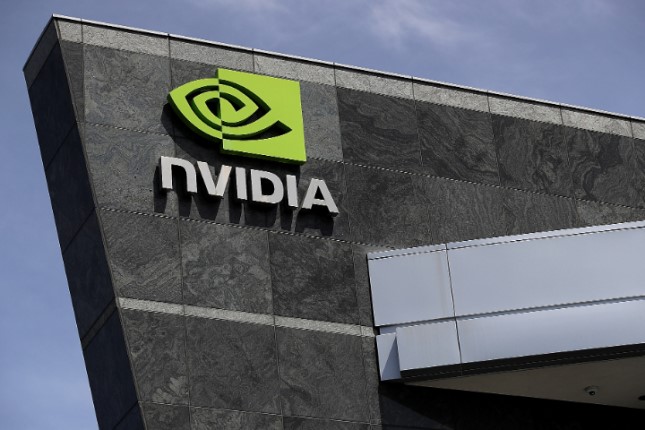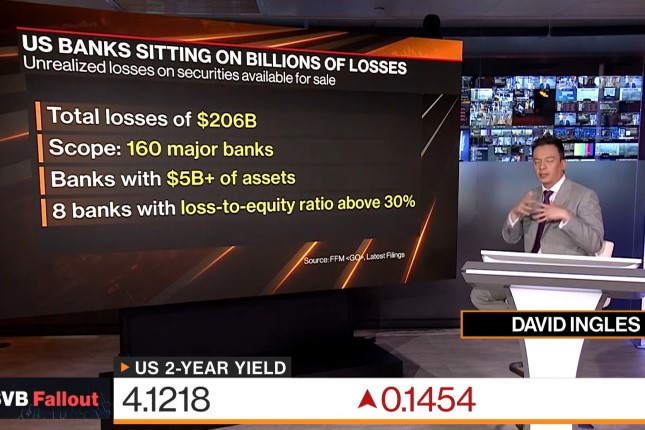The sources said that it was originally scheduled for launch last November but that plan was delayed due to issues server manufacturers were having in integrating the chip. At the same time, there are rumors in some foreign media that Chinese customers are reluctant to purchase the "downgraded" versions of the chips, sparking a heated debate in China and the US. Although out of a different position and mentality, there is a consensus between the both sides that this abnormal situation is unsustainable.
Nvidia was twice forced to design and produce chips specifically for the Chinese market, becoming an absurd scene in the history of international trade, which records how a country that boasts of being the world's largest market economy distorts and destroys normal and legitimate economic and trade exchanges and cooperation by means that are completely contrary to the principles of a market economy and rules of international trade, and also records how a multinational enterprise tries everything possible in order to retain an important market and to survive and develop. Free trade has been trampled on by the US export control policy, and Nvidia is not the only victim.
If in the ideal state of economic globalization and free trade, the cooperation between Nvidia and the Chinese market is not only reasonable and legitimate, but also mutually beneficial and win-win. China represents around 20 percent of Nvidia's revenue, which is hard for a commercial company to simply give up. In order to circumvent the restrictions of US export controls, Nvidia played the "eagle catches chicken" game with Washington. Although it is basically to safeguard its own interests, Nvidia's persistence and adaptability have a positive significance amid the current US harsh push for "science and technology decoupling" with China. It would also be rather sad if none of the US companies did this.
However, circumventing US export controls by reducing chip performance is a temporary expedient during these special circumstances, not a long-term solution. First, this "neutered version of the chip," as Chinese netizens call it, is bound to lose competitiveness in the Chinese market. Second, the significant uncertainty of potential US government interventions at any time is also a concern that Nvidia's Chinese customers cannot ignore. The market Nvidia is forced to relinquish undoubtedly serves as motivation and opportunity for the accelerated development of domestically produced chips in China.
In other words, the purpose of the US export controls on China is to restrict the progress of Chinese high technology. However, the ultimate outcome is ironically spurring the development of high technology in China. This is a typical case of unintended consequences, where the US' own companies like Nvidia undoubtedly become victims in the process.
Companies like Nvidia and some insightful individuals in the US had anticipated such outcomes. In July of last year, US semiconductor companies launched a rare "petition movement," explicitly stating their opposition to the White House's tightening of export controls on chips and semiconductor manufacturing equipment to China. The Semiconductor Industry Association (SIA) in the US also issued a statement, warning that restricting chip sales to China could backfire on the US itself. However, the "petition" was unsurprisingly ignored by the US government, and as we know, export controls on chip sales to China by the US continued to escalate.
According to a report from The Wall Street Journal on January 8, a House of Representatives panel complained that the current US export controls on chips to China are not strict and comprehensive enough. They are urging the Biden administration to take "stronger action to stem China's growing dominance in making older-generation microchips." Interestingly, many American netizens commented on this outrageous proposal, saying, "They (the proposers) don't want competitiveness; they want to build high walls to exclude Chinese products from the US/Western markets"; "Unfortunately, these efforts will only lead Americans into poverty"; "Sounds very desperate." In both the US business sector and among the general public, more and more people are becoming sober, while only Washington politicians continue to wield their swords on an imagined battlefield.
In fact, what American chip companies fear the most is not something else but the unpredictable, erratic, and volatile nature of Washington's policies regarding the technology industry in relation to China. This is the greatest source of uncertainty. As long as Washington's efforts to suppress and restrain China persist, the "uncertainty" in the rules will always be present. Sooner or later, this will lead the world to lose trust in the US supply chain. It's not just Chinese companies; businesses from other countries will also hesitate to rely on the US and will seek new, stable supply markets. The lower-than-expected performance encountered by Nvidia's "downgraded" version chips is a warning signal.
Photo © VCG.
Source: The Global Times.
































